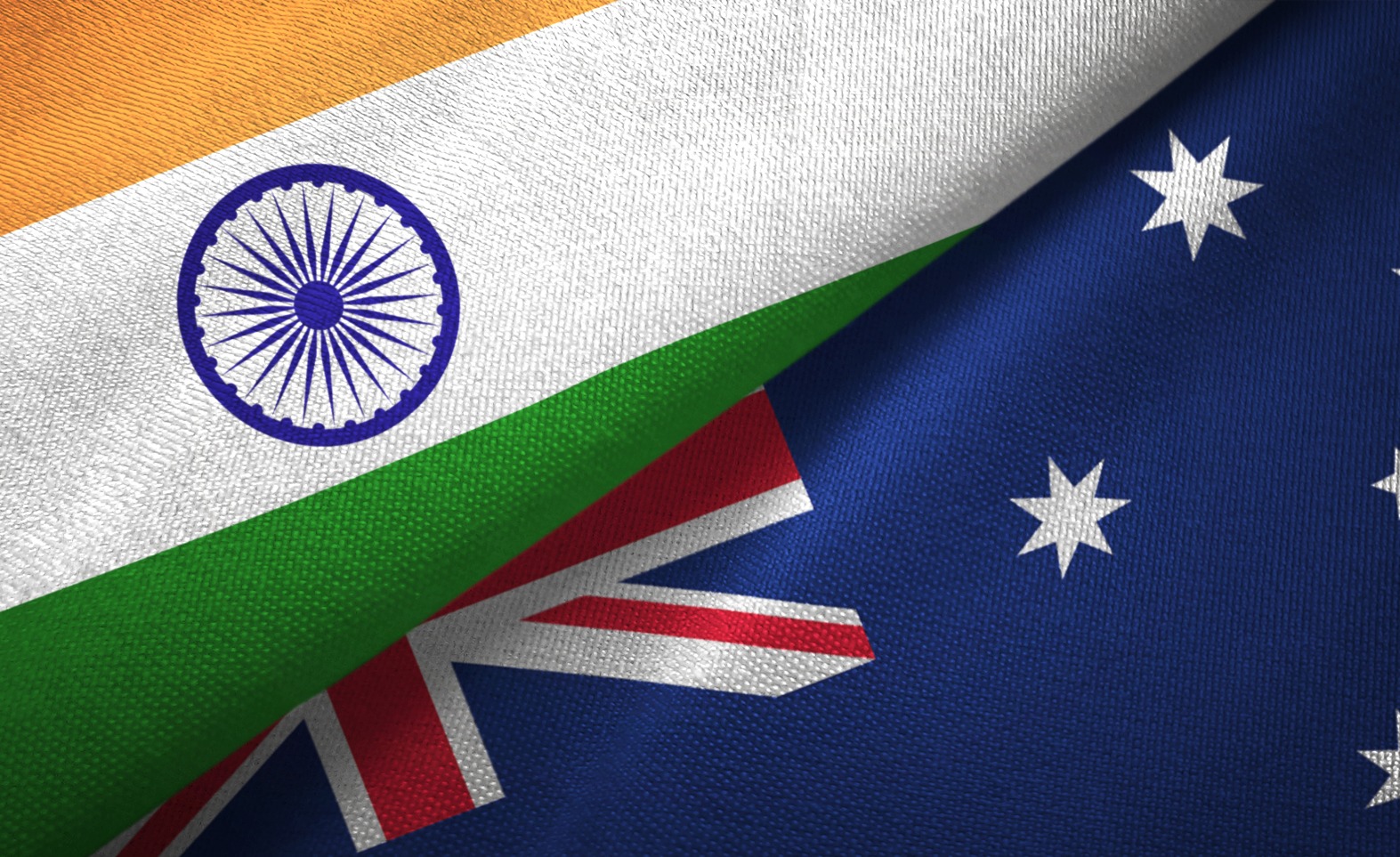
October 16, 2024
India and Australia are now working to expand this agreement through a comprehensive economic cooperation agreement (CECA)
Merchandise trade between India and Australia reached US$24 billion in 2023-24, with India's exports at US$7.94 billion and imports at US$16.15 billion
India is also negotiating with ASEAN to address tariff asymmetry in the free trade agreement, seeking a balanced and upgraded pact by 2025
ASEAN accounts for 10.9% of India's global trade, with India's exports to the bloc reaching US$41.2 billion and imports at US$80 billion in 2023-24.

India is working to fast-track its free trade agreement (FTA) negotiations with Australia, aiming to conclude the discussions within the next two months to avoid delays due to Australia’s upcoming elections in 2024. According to Rajesh Agrawal, Additional Secretary in the Department of Commerce, any further delay may push the talks beyond the elections, potentially hindering progress. The eleventh round of negotiations is scheduled for next month.
The India-Australia Economic Cooperation and Trade Agreement (AI-ECTA), which became effective in December 2022, has already shown positive results, with over 80% utilisation by businesses in both countries. However, India and Australia are now focused on expanding the scope of the agreement into a more comprehensive economic cooperation agreement (CECA). Both sides are working to address sensitivities and reduce differences, to close negotiations in the coming months.
Trade between the two nations has been consistent, with merchandise trade reaching approximately US$24 billion in 2023-24. India’s exports to Australia were valued at US$7.94 billion, while imports stood at US$16.15 billion. The overall trade between the countries has hovered around US$25 billion since 2021-22, making Australia a key trading partner for India in the Oceania region.
In addition to its discussions with Australia, India is negotiating a review of its FTA with ASEAN. The aim is to complete the review by 2025, focusing on addressing longstanding tariff asymmetry. India has extended significant tariff eliminations to ASEAN nations but has received lower concessions from the larger economies within the bloc in return.
India is proposing country-specific negotiations with ASEAN members, which consist of Brunei, Cambodia, Indonesia, Laos, Malaysia, Myanmar, the Philippines, Singapore, Thailand, and Vietnam. The review process seeks to eliminate trade barriers and prevent the misuse of the trade agreement signed in 2009. ASEAN remains a critical trade partner for India, accounting for 11% of its global trade. In 2023-24, India’s exports to ASEAN reached US$41.2 billion, while imports stood at US$80 billion.
Source: Economic Times